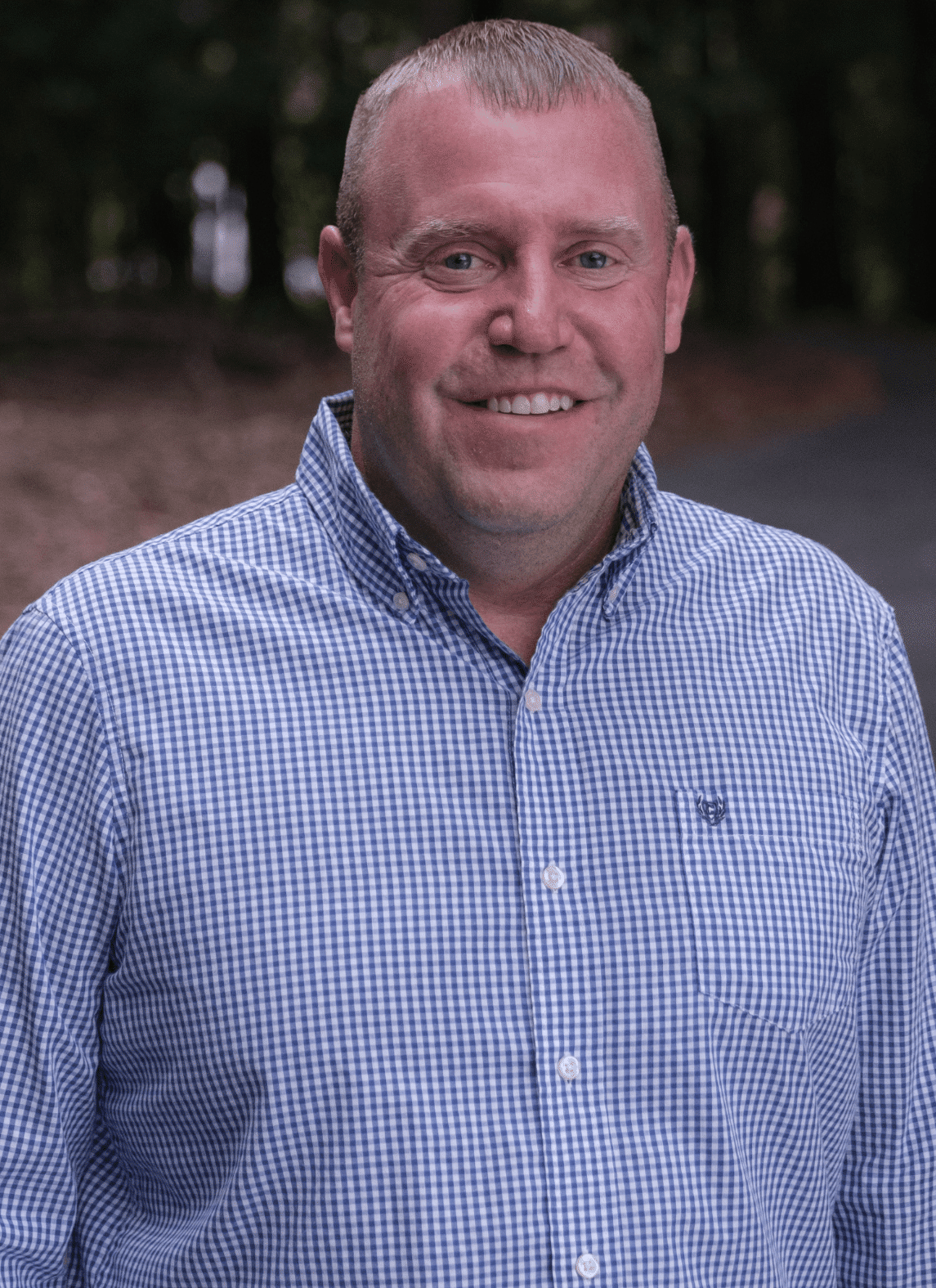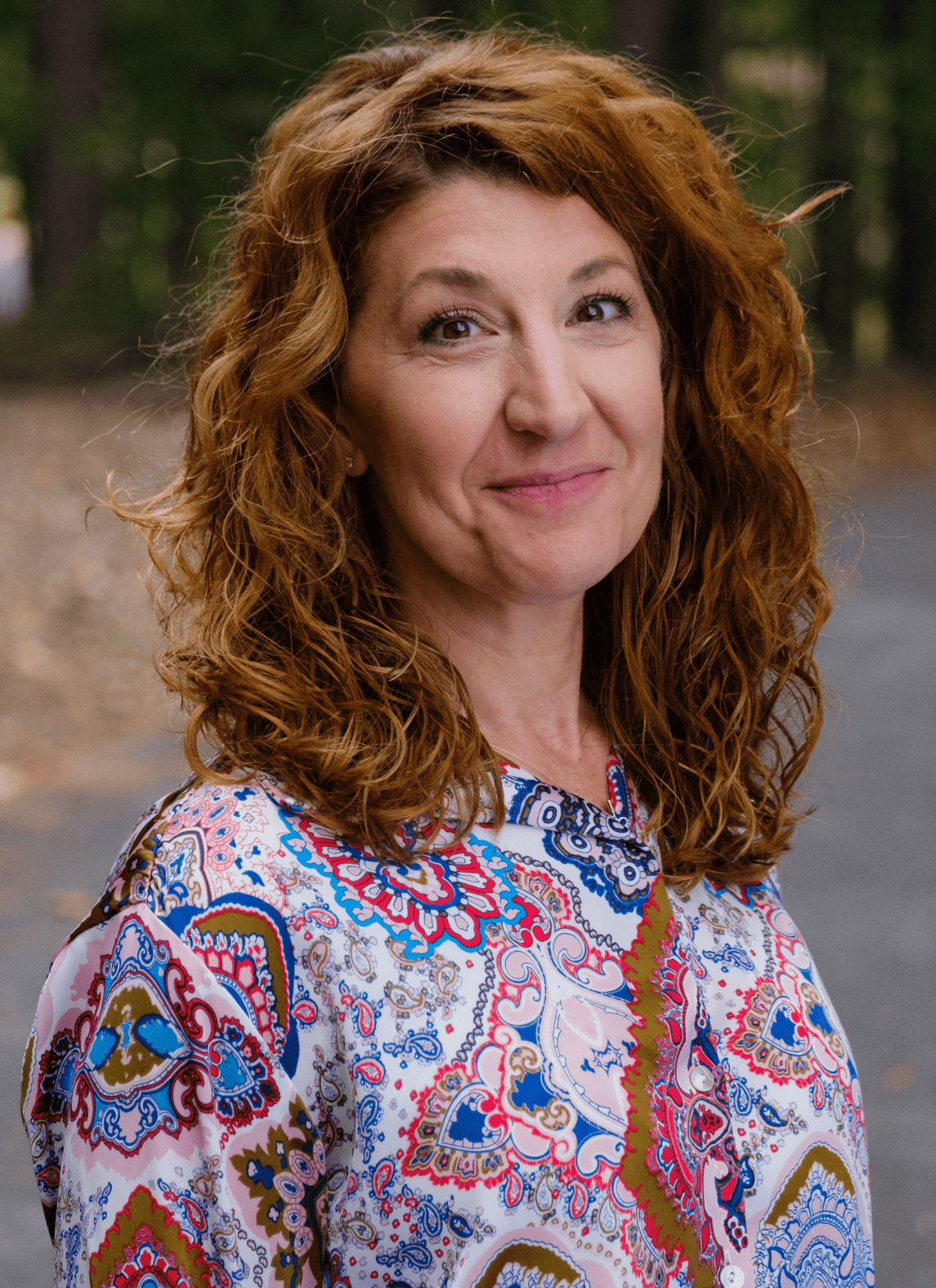At our Drug and Alcohol Rehab near Fayetteville, Georgia, Peachtree Detox is committed to transforming lives through expert addiction treatment and compassionate care.
We recognize that seeking help for addiction takes tremendous courage, and our team is here to support you every step of the way. Our multidisciplinary approach combines medical detoxification, therapeutic interventions, and holistic healing methods to address addiction from every angle.
Our experienced medical team understands that each person’s journey with addiction is unique, which is why we develop individualized treatment plans that address specific needs, circumstances, and goals.
Learn more about our Georgia detox programs. Call us now at 470-613-7881 or verify your insurance now.
Peachtree Detox is a premier provider of addiction treatment services and detox programs in Georgia. If you or someone you love is in need of professional care, reach out to us now.
At Peachtree Detox, we provide Fayetteville residents access to various addiction treatment services, from initial medical intervention through long-term recovery support.
Our medically supervised detox program provides continuous medical monitoring and evidence-based medication protocols to minimize withdrawal discomfort.
Residential treatment provides intensive, round-the-clock care in a structured therapeutic environment removed from the people, places, and situations that trigger substance use.
Our specialized drug treatment programs address the unique challenges associated with different categories of substances and individual patterns of use.
Our alcohol rehab programs combine medical management of alcohol withdrawal with therapies addressing psychological dependence, social pressures, family dynamics, and lifestyle factors that contribute to drinking.
Many individuals struggling with substance abuse also have co-occurring mental health conditions such as depression, anxiety disorders, PTSD, bipolar disorder, ADHD, or personality disorders.
Aftercare components include regular outpatient counseling, intensive outpatient programs for continued structure, active participation in support groups and peer networks, and transitional sober living arrangements when needed.
Fayetteville, a historic community in Fayette County, faces substance abuse challenges that mirror both rural and suburban patterns seen throughout Georgia.
The city’s location along major transportation corridors contributes to drug trafficking routes, while its growing suburban population deals with prescription drug misuse, alcohol dependency, and recreational drug use across all age groups.
Local substance abuse patterns include prescription opioid misuse, particularly among middle-aged adults managing chronic pain, alcohol abuse spanning from college-age binge drinking to long-term dependency, and increasing use of synthetic drugs and stimulants.
Fayetteville’s strong community values sometimes create stigma around addiction, causing individuals to delay seeking help due to concerns about reputation or judgment. Understanding that addiction is a legitimate medical condition—not a character flaw or moral failing—is crucial for both those seeking treatment and the broader community. The brain changes caused by addiction make recovery extremely difficult without professional intervention and ongoing support.
Our rehab in Fayetteville provides excellent access to a full spectrum of addiction treatment services. The treatment continuum offers multiple levels of care designed to meet individuals at their current stage of addiction and recovery readiness.
Psychiatric care plays a crucial role in addiction treatment, particularly for individuals with co-occurring mental health conditions. Psychiatrists specializing in addiction medicine can diagnose and treat underlying mental health disorders that may contribute to substance abuse. They prescribe and monitor medications that can help manage withdrawal symptoms, reduce cravings, and stabilize mood disorders. Regular psychiatric evaluation ensures that mental health needs are addressed throughout the recovery process, significantly improving treatment outcomes and reducing the risk of relapse.
Holistic therapies complement traditional treatment by addressing the whole person—mind, body, and spirit. These may include yoga, meditation, acupuncture, art therapy, music therapy, equine therapy, or outdoor adventure programs. Holistic approaches help individuals develop healthy coping strategies, reduce stress, improve physical wellness, and discover new interests and passions that support long-term recovery.
Medication-Assisted Treatment (MAT) combines FDA-approved medications with counseling and behavioral therapies to treat substance use disorders. For opioid addiction, medications like methadone, buprenorphine, and naltrexone can reduce cravings and prevent overdose. For alcohol use disorder, medications such as naltrexone, acamprosate, and disulfiram can help reduce drinking urges and maintain sobriety. MAT has been proven highly effective in reducing drug use, criminal activity, and the transmission of infectious diseases while improving treatment retention and overall quality of life.
Addiction affects not just the individual but entire family systems. Family therapy helps repair damaged relationships, improves communication, and educates family members about addiction as a disease. Sessions may include the person in recovery along with spouses, parents, children, or other significant family members. This approach helps families develop healthy boundaries, learn how to support recovery without enabling, and address any family dynamics that may have contributed to or been affected by the addiction.
Many individuals with substance use disorders have experienced trauma, whether in childhood or adulthood. Trauma therapy uses specialized approaches like Eye Movement Desensitization and Reprocessing (EMDR), trauma-focused cognitive behavioral therapy, or somatic therapies to help process and heal from traumatic experiences. Addressing underlying trauma is often essential for successful recovery, as many people use substances to cope with unresolved traumatic stress.
CBT is one of the most widely used and researched forms of therapy for addiction. It helps individuals identify and change negative thought patterns and behaviors that contribute to substance use. Through CBT, people learn to recognize triggers, develop coping strategies, and build skills for managing cravings and high-risk situations. The practical tools learned in CBT can be applied long after treatment ends, making it an essential component of relapse prevention.
Originally developed for borderline personality disorder, DBT has proven highly effective for addiction treatment, particularly for individuals who struggle with emotional regulation. DBT teaches four core skills: mindfulness, distress tolerance, emotion regulation, and interpersonal effectiveness. These skills help individuals manage intense emotions without turning to substances, improve relationships, and build a life worth living in recovery.
Fayetteville and the surrounding Fayette County area offer various resources supporting recovery and ongoing sobriety.
Numerous Alcoholics Anonymous and Narcotics Anonymous meetings occur regularly throughout the community, providing peer support and accountability crucial for long-term recovery.
The Fayette County Health Department provides information about local treatment options and health services relevant to people in recovery.
Local healthcare providers, including Piedmont Fayette Hospital, can offer ongoing medical care and referrals to specialized addiction treatment services.
The community’s many parks, recreational facilities, and cultural venues provide healthy outlets for building fulfilling lives in sobriety. Faith-based recovery programs, community service opportunities, and civic organizations also contribute to the local recovery support ecosystem.
If you or someone you love is struggling with addiction, don’t wait another day to seek help. Recovery is possible, and support is available right here in Fayetteville. Contact Peachtree Detox today to discuss your options and begin your journey toward a healthier, sober life.
Recovery is possible, and it starts with making the decision to seek help. Call us now at 470-613-7881 or verify your insurance now.

CEO

Clinical Director

Medical Director & Addiction Specialist
Treatment duration varies considerably based on individual factors including the severity of addiction, substances involved, presence of co-occurring mental health conditions, and personal circumstances. Initial medical detoxification typically requires 3-10 days, while residential treatment programs commonly range from 30-90 days or longer. Research consistently shows that individuals who participate in treatment for longer periods achieve better long-term outcomes.
The recovery process extends far beyond initial treatment, often involving months or years of ongoing support through outpatient therapy, support group participation, medical follow-up, and lifestyle changes. Many people in successful long-term recovery continue engaging in support activities indefinitely, viewing ongoing recovery work as an investment in their continued well-being rather than a temporary intervention.
Peachtree Detox is conveniently in the city of Fayetteville. This accessible distance makes specialized detoxification services readily available to Fayetteville residents while allowing family members to remain actively involved in the early stages of treatment.